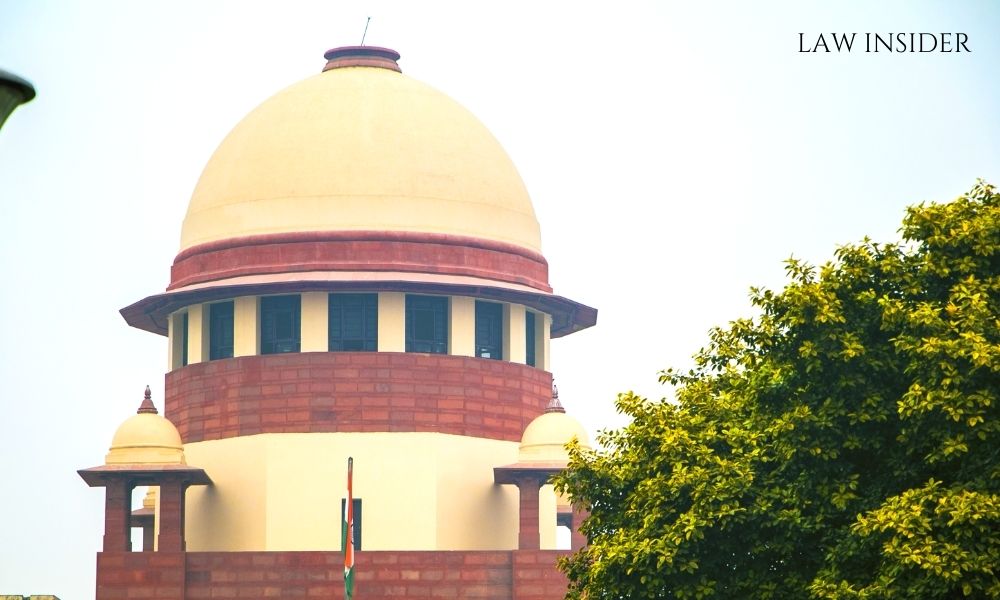LI Network
Published on: 14 August 2023 at 11:20 IST
The Supreme Court emphasized that an individual cannot be held culpable for criminal conspiracy under Section 120-B IPC when acting alone, as conspiring with oneself is not possible.
The bench, comprising Justices S. Ravindra Bhat and Dipankar Datta, addressed an appeal challenging a judgment and order from the Madhya Pradesh High Court.
In the case under consideration, the complainant was present at her residence when four individuals rang her doorbell. Upon the servant’s response, the four armed persons forcefully entered the house.
They proceeded to restrain the complainant and her servant, brandishing a pistol and threatening violence. The robbers proceeded to steal silver, gold jewelry, cash, and other valuables after obtaining access to a locker using keys. An FIR was lodged against four unknown individuals under Section 394 of the IPC.
The court referred to the Pulukuri Kotayya and others vs. King-Emperor case, highlighting the necessity for provided information to be directly related to discovered facts, including aspects like the physical object, its origin, and the accused person’s awareness.
The Supreme Court underscored that aside from the disclosure statements made by Manoj and the co-accused, there was a lack of substantial evidence.
These statements purportedly led to the recovery of stolen articles from Manoj and money from Kallu. While the recoveries made by the investigating officer under Section 27 of the Evidence Act based on the disclosure statements could be considered as leading to fact discovery and deemed admissible, their credibility was in question due to other available evidence.
Upon reviewing the questions posed to Manoj under Section 313 of the Cr.PC, the court observed that the trial court treated this process as a mere formality.
Key aspects of his conviction were not addressed. Surprisingly, no questions about the stolen items were asked. Irrelevant queries about a robbery incident on April 14, 2010 were posed, even though his alleged involvement happened much later when he purportedly bought the stolen items from co-accused.
The Supreme Court noted that even if it’s assumed that the items sold to Manoj were stolen, it’s insufficient to invoke Section 411 IPC. What’s crucial is proving the continuous possession of the articles with a dishonest intent, knowledge, or belief of them being stolen property. Prosecution failed to present credible evidence of Manoj’s retention of stolen articles.
The court found it puzzling that only Kallu among the five accused individuals was convicted for criminal conspiracy under Section 120-B IPC.
The court questioned the notion of an individual conspiring with themselves, asserting that the wording of Section 120-A IPC makes it evident that criminal conspiracy requires an agreement between two or more persons for an illegal act or a legal act by illegal means.
The court opined that Kallu’s conviction under Section 120-B IPC was fatally flawed as one person alone cannot conspire.
No evidence suggested an agreement between Kallu and co-accused. Except for Kallu, none of the others were convicted for criminal conspiracy.
In light of these considerations, the bench allowed the appeal, as observed in the case titled “Manoj Kumar Soni v. the State of Madhya Pradesh.“

